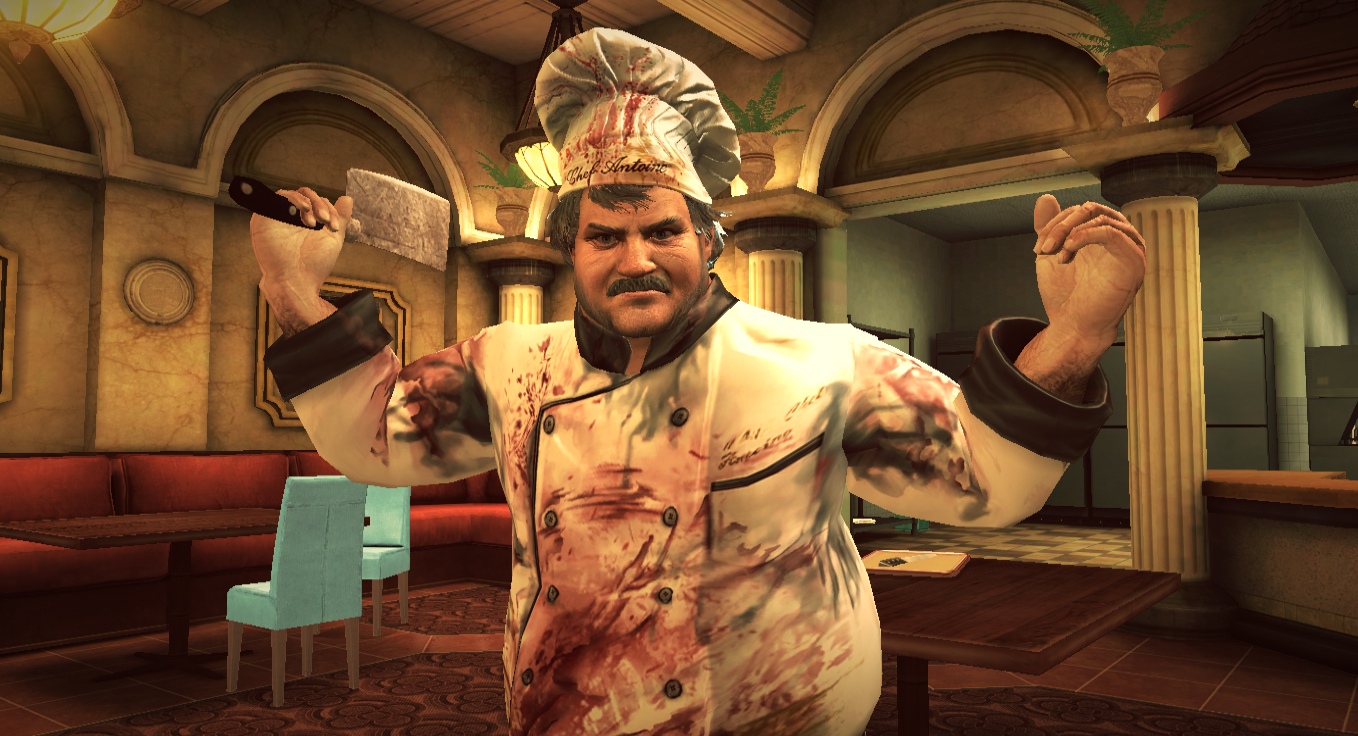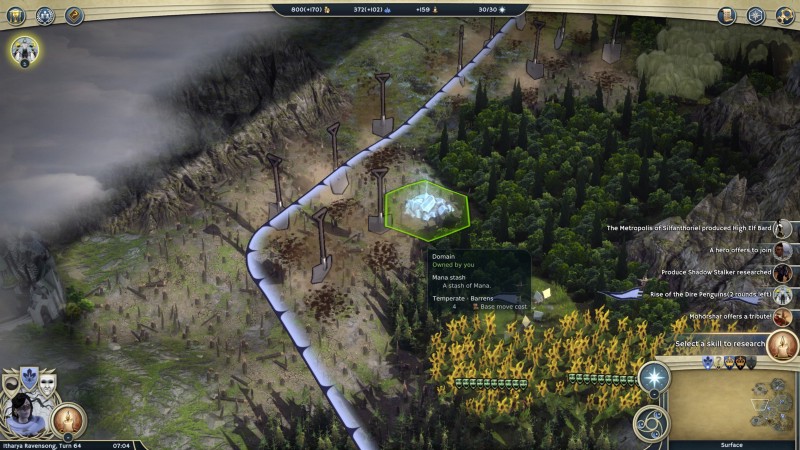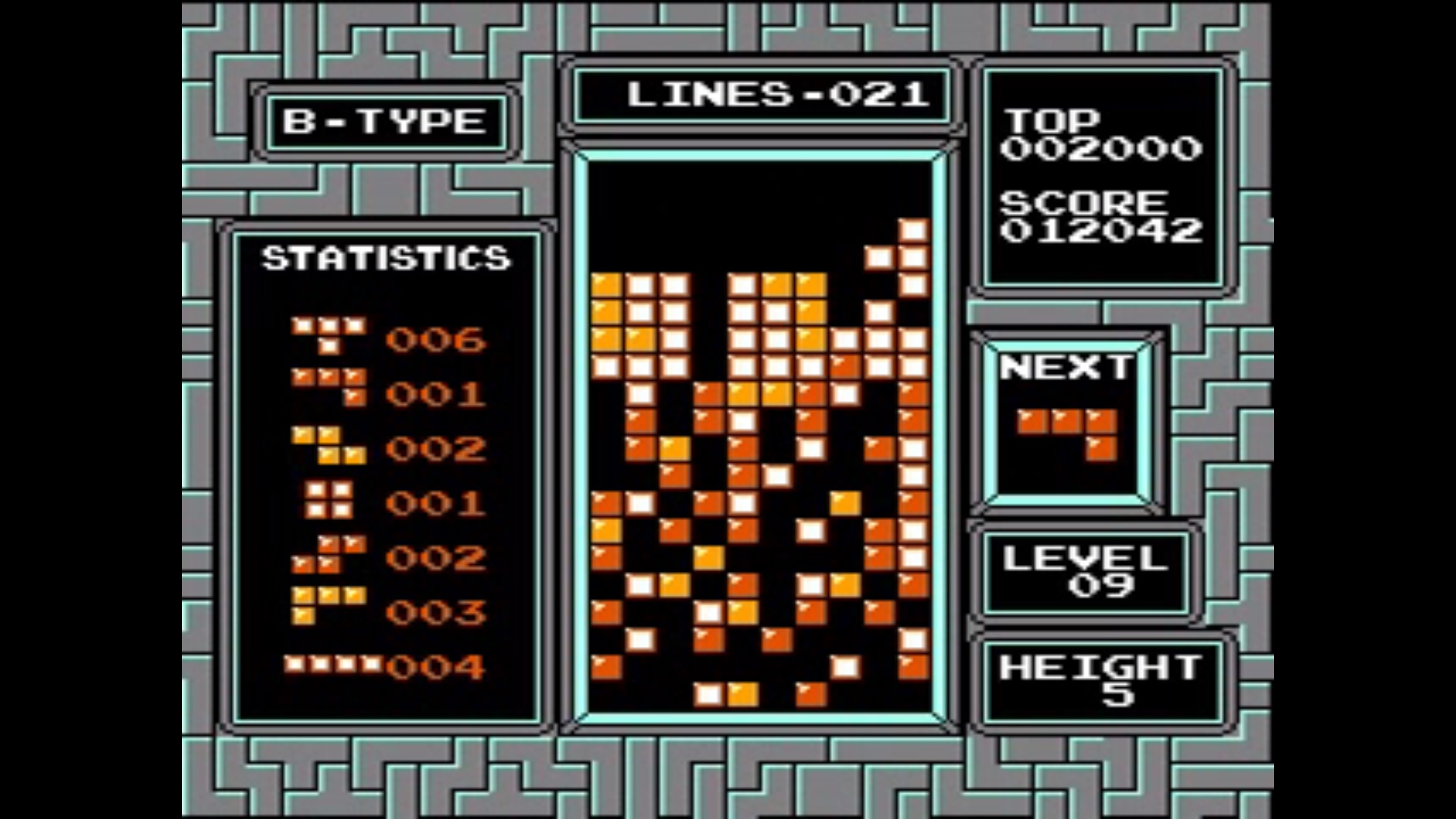Ah Halloween, a day of cosplayers to threaten their neighbours with mischief in exchange for a sugary tribute. Yes, it’s a season for both ‘tricks and treats’, and our contributors for this month’s Blogs of the Round Table have brought us some especially sweet takes.[/su_note]

Empathy is a Dish Best Served Digital
Our first featured piece by Matt Sayer in First Person Scholar looks at the—often superficial—representation of food in videogames. As Sayers argues, food is worth special consideration because it’s so mundane: our need to eat unites us, it’s a shared vulnerability and one of the rare rituals that spans across cultures. Yet, games don’t engage with the social and historical importance of food to different groups of people. From dietary choices uniting or prejudicing against others to cooking skills as a character trait, Sayer’s article looks at how culinary culture can build empathy in digital worlds.

Trick or Treat Tactics
Haché teases apart the subtleties of “goody huts” in four different strategy games by 4X. While on the surface each is a spot on the map that offers a resource to discover with the occasional trick to second guess over. He likens the different approaches to the different kinds of houses he and his sister would encounter when trick-or-treating as kids: some houses offer great candy, others don’t, some wily parents insist on scaring kids when they reach the front porch while others doors are guarded by a maze of spooky decorations. In any case, there is a fine balance to how these different games manage an otherwise straightforward mechanic.

Trick-Or-Treat your bugs!
Over at Gamasutra, Transylvanian developers Amused Sloth explain that they had a problem with their mobile debut, Disco Dave: players found a way to get through the game without losing any lives. The catch is, the exploit wasn’t a bug, it was a feature that players misinterpreted. As Vescan explains, the team’s initial response was to hit the panic button and find a way to cover the “error” up. But before sending the changes off, they decided not to cover up their trick, but add an extra treat instead. By adding a new reward for players who exploited the “hack” the developers acknowledged their players’ concern while preserving the spirit of the game they wanted to make.

Tricker’s Treat
Our very own Taylor Hidalgo takes to his blog, The Thesaurus Rex, to say he’d rather do without tricks altogether. For Hidalgo, difficulty and challenge often feel like arbitrary hurdles that mire a game’s experience. In his own words: “I’d prefer to be treated.”
Another scheme successfully executed. Thank you all for taking the time to read another delectable edition of Blogs of the Round Table. Stay tuned for November’s topic coming right around the corner. In the meantime, trust me when I say that eating an entire box of candy is not more convenient than putting it away. To that house that always hands out apples: you were right and I’m sorry.
As for the rest of Critical Distance, we’re always eager to engage you in more games criticism where we can. So don’t forget to follow us on Twitter or send us an email if you find something you’d like to bring to our attention. If you’d like to see our work continue or to fund our expansion into other projects consider supporting us with a monthly Patreon contribution or a one-time Paypal donation.


